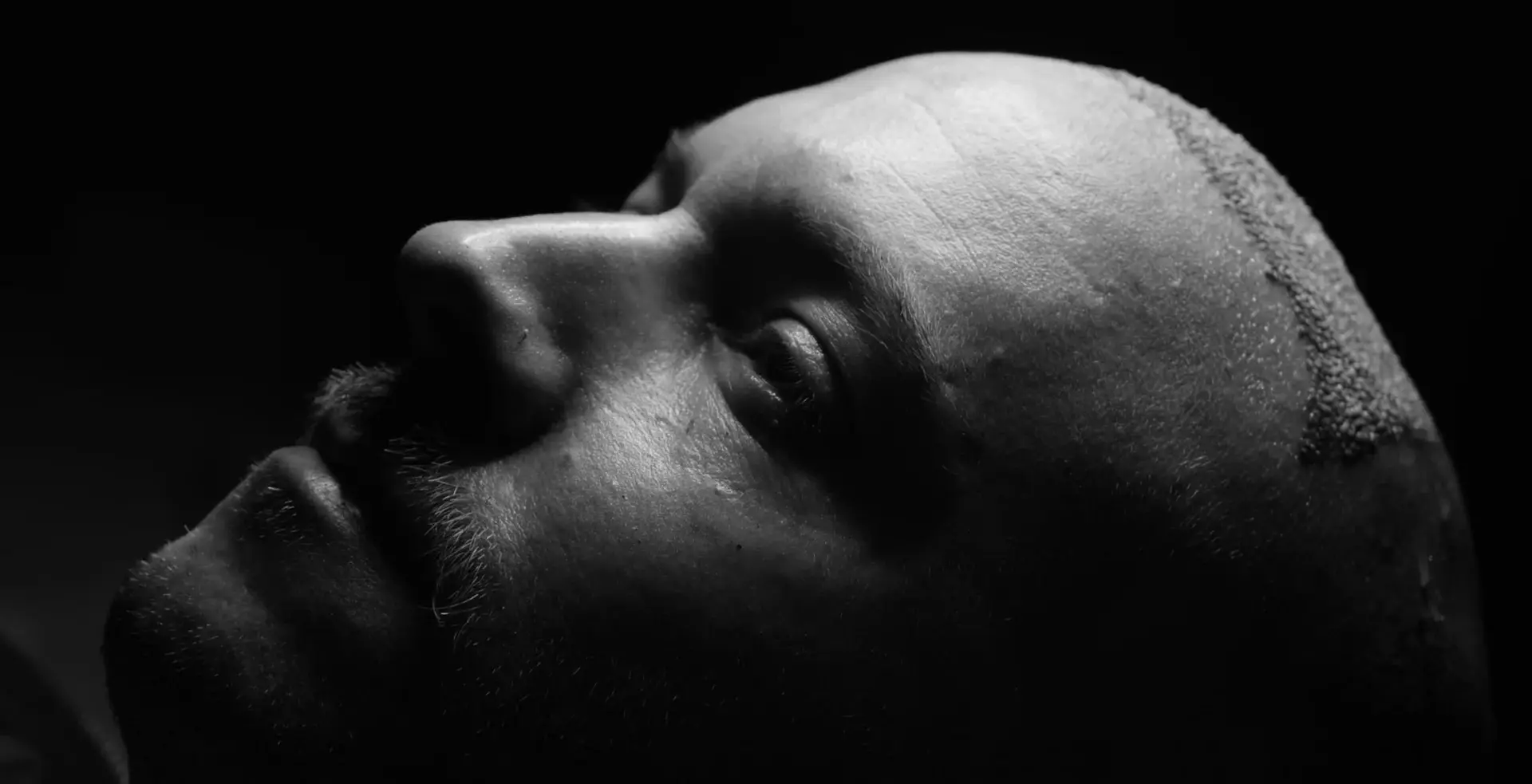
Head Medical Consultant & Patient Care at UniquEra Clinic
Hair transplants are celebrated as one of the most effective ways to restore confidence. With procedures like Follicular Unit Extraction (FUE) using a Sapphire blade and Direct Hair Implantation (DHI), the results can look strikingly natural. Yet, every medical intervention comes with its own set of side effects. Understanding them is essential before undergoing a hair transplant procedure.
In Turkey, the demand for hair restoration has transformed the country into a global hub. Patients come not only for advanced techniques but also for the holistic care that leading names like UniquEra Clinic provide. By addressing side effects transparently and prioritising long-term health, UniquEra has earned a reputation as one of the best clinics in Turkey for hair transplant procedures.
A hair transplant involves moving follicular units from one part of the scalp (donor area) to another (recipient area). Because this is a surgical process, the skin reacts naturally with inflammation, healing responses, and regeneration. These biological mechanisms may cause temporary side effects.
Most side effects resolve within two weeks. Swelling may subside in days, scabbing clears in a week, and itching typically fades within 10–14 days. Shock loss can last a few months but is temporary. With proper aftercare, these side effects rarely leave lasting damage.
Choosing the right facility is as important as the hair transplant procedure itself. Here’s why UniquEra Clinic is regarded as the best clinic in Turkey for hair transplant:
This commitment to both medical precision and patient well-being makes UniquEra stand out in Turkey’s competitive hair restoration landscape.
Every hair transplant procedure carries side effects, but most are mild, temporary, and manageable with proper aftercare. The real difference lies in choosing a clinic that explains these effects clearly, minimises risks, and prioritises patient wellbeing.
In Turkey, where hair restoration has become a global standard, UniquEra Clinic sets itself apart. By combining advanced techniques, meticulous safety measures, and personalized care, it ensures that patients achieve natural-looking results while feeling supported throughout their journey.
If you are considering a hair transplant, understanding side effects is the first step. Choosing the right clinic, like UniquEra, is the step that makes all the difference.
Red flags include no clear before-and-after results, poor hygiene, unrealistic promises, or a lack of transparent aftercare guidance.
Yes. Mild side effects like swelling, scabbing, and itching are normal. Rarely, folliculitis, infection, or scarring may occur.
Turkey is considered one of the safest destinations due to high patient experience. Clinics like UniquEra Clinic emphasise strict protocols for safety.
Yes, provided you choose a reputable facility. Turkey has some of the highest success rates globally thanks to its specialisation in hair restoration.
If you experience severe pain, spreading redness, persistent bleeding, or fever, it may require medical evaluation.
Look for accreditation, genuine patient reviews, clear consultation processes, and visible results. Leading names like UniquEra provide transparency at every stage.
It is extremely rare. Standard safety measures, hydration, and mobility reduce this risk significantly.
Swelling around the forehead may extend near the eyelids temporarily, but it resolves naturally within a few days.
Most experts recommend waiting until hair loss stabilises, often after the age of 25. This ensures predictable, long-term results.
Depending on graft numbers, most procedures last 6–8 hours, sometimes split across two sessions.